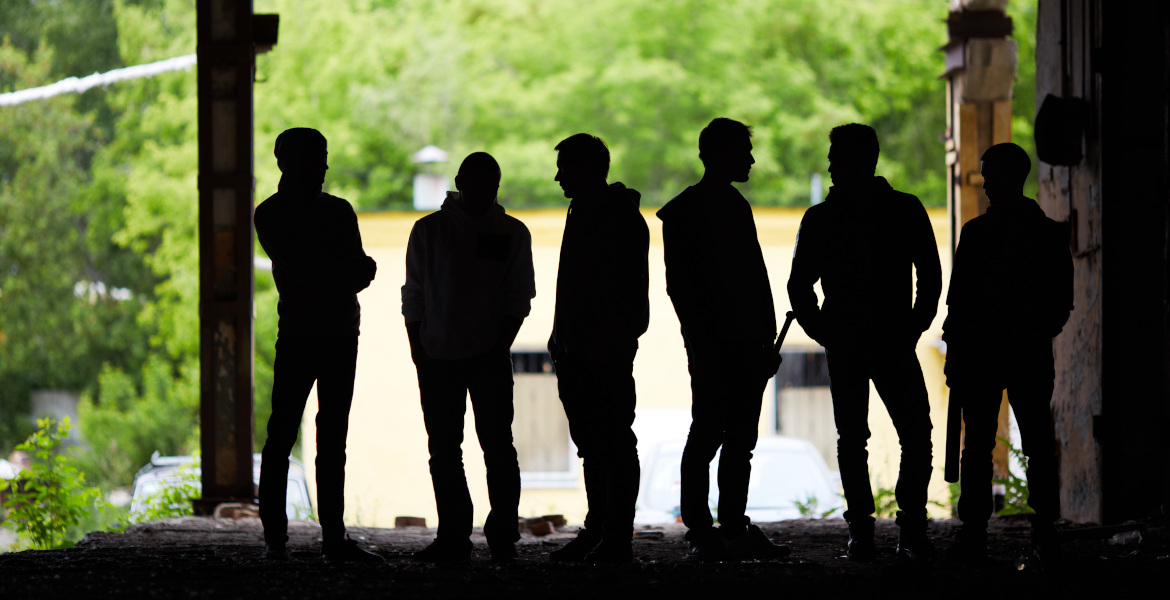The Swedish government has tasked the Swedish Prison and Probation Service (Kriminalvården) with preparing special youth prisons for 13- and 14-year-olds who commit serious crimes.
The purpose is to adapt the sentence execution to the child's age and to separate younger offenders from older youth, with the prison units set to be ready by summer.
The Swedish Prison and Probation Service has previously been tasked with preparing youth prisons for 15–17-year-olds convicted of serious crimes. Now the assignment is being expanded to also include criminals aged 13 and 14, in connection with the government's proposal to lower the age of criminal responsibility for serious crimes.
In August 2023, the government received the report A review of regulations on custodial sentences for young people, which proposes that secure youth care be replaced with imprisonment in special youth units at existing facilities.
– Lowering the age of criminal responsibility for the most serious crimes is needed for several reasons. It is important to strengthen redress for crime victims, to protect society and to help children leave the criminal path. This also provides a five-year window for preventive work to catch up with today's reality. The Prison and Probation Service is now tasked with preparing operations in the best way to receive the youngest target group, says Swedish Justice Minister Gunnar Strömmer.
Age-appropriate adaptation
The Prison and Probation Service must adapt both facilities and operations based on the children's age. Younger children must be kept separate from older youth, and operations must comply with the provisions of the UN Convention on the Rights of the Child.
– When 13–14-year-olds are running around with automatic weapons, it must be met with society's full force. To protect others, they must be able to be locked up, and by lowering the age of criminal responsibility, we open up the police's toolbox. It gives us a chance to both stop continued violence and turn around the development for these children before it's too late, says Henrik Vinge (Sweden Democrats), chair of the justice committee in the Swedish Parliament.
Torsten Elofsson, legal policy spokesperson for the Christian Democrats, points out that the need is urgent:
– The number of children, as young as 13–14 years old, committing serious violent crimes has increased dramatically. Measures to prevent this and to also take action after completed crimes are a must. At the same time, the execution needs to be adapted based on the perpetrator's age. It is welcome that the Prison and Probation Service is now tasked with examining how operations need to be adapted.
Martin Melin (Liberals) agrees:
– I have great confidence in the Prison and Probation Service and how they solve the strained situation they have, not least with the shortage of places. I am convinced that they will also be able to ensure that the 13 and 14-year-olds sentenced to prison will be taken care of in the best way.
Planned facilities and timeline
The Prison and Probation Service is planning special youth units for boys at the facilities in Högsbo, Rosersberg, Österåker, Kumla, Skenäs and Täby. For girls, units are planned at Ystad and Sagsjön. Implementation will occur in stages, and not all units will be operational from July 1, 2026.
On September 24, the Ministry of Justice sent out for consultation a draft legislative proposal to lower the age of criminal responsibility to 13 years for crimes with a minimum sentence of four years' imprisonment or more, as well as for attempts, preparation and conspiracy to commit such crimes. The proposal is currently time-limited to five years.






